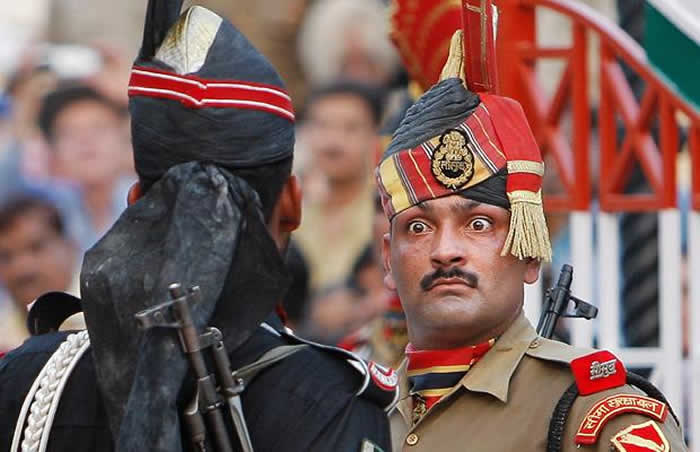
Urdu poets and writers from many countries gathered at Karachi last week to show their determination to go on singing in the dark times even if the songs are about the darkness itself.
“German poet Brecht was quoted by Indian scholar Dr Shamim Hanafi to lift the spirits of the audience at the opening ceremony of the fifth annual international Urdu conference hosted by the Arts Council of Pakistan Karachi. Don’t you find it an apt reference to the present times?” Mr Right asked me.“The conference expressed the resolve of the men of letters not to be cowed down by the forces of intolerance and extremism,” I agreed.
“Ahmad Shah, the president of the arts council set the tone of defiance by challenging the forces of evil and declaring that despite their onslaught “we are not yet completely dead,” Mr Right observed.“The past week was a testimony to it. Karachi hosted two remarkable events—a book fair at the Expo Centre and a writers’ moot at the Arts Council,” I said.
“But we did not forget those who are no more with us,” I continued. “The literary event turned out to be an occasion to mourn the dead—deceased writers and forgotten values of tolerance and moderation.”Mr Right smiled. “Discussion on Manto, Miraji and marshes of oblivion and intolerance dominated the proceedings depicting the society’s eagerness to explore the new identity of the nation.”
“But don’t you think that by reviving the brave fiction writer Saadat Hasan Manto, who is known for his crusade against social ills, and the innovator Miraji, who stood against clichés and blazed a new trail in poetry, we are actually trying to resurrect the spirit of revolt in society and literary thinking,” I asked. “In fact, Hanafi praised the lurking spirit of resistance in our writings.”“We are unable to decide what to do, the fact is that we have even failed to find a clearly recognisable identity,” Mr Right pointed out. “We are a confused people who are facing unanswerable questions about our identity since Independence.”
“We are a nation haunted by Kalabagh Dam. It’s a symbol of our indecisive nature, according to Intizar Husain, the doyen of fiction writers,” I said.“We have a Kalabagh Dam in every sphere of activity,” Mr Right retorted. “We are never sure what is good or bad for us, money or morality, books or guns?”“That’s right,” I said. “Even our media does not know what is better for society. Experts believe they have opted for the money.”“I was happy that the conference kept the Karachiites very busy for four days talking about writers, books and more books,” Mr Right grinned. “They witnessed a deluge of speeches, poetry readings, book launches and group discussions.”
“But how sad it was that while some people were talking about books in one part of the city, many others used guns to get rid of those who had nothing to do with either books or guns in other parts of the city,” I lamented. “Why can’t we snatch guns from their hands and give them books?”“Books are expensive,” Mr Right reminded me. “In a city where guns are dirt cheap and human bodies can be collected in gunny bags, a small book packet costs a lot of money.”
“Only writers and their publishers can change the situation,” I said. “And for this we need more Mantos and Mirajis to spread enlightenment and love of books.”“Yes, we need a new generation of Mantos, Mirajis and Habib Jalibs to take literature to the people,” Mr Right remarked. “Hanafi is right in saying that a book is best company when one is alone, but we have to find a way to persuade killers in town to barter away their guns with books.”“Perhaps we need another conference to convince them,” I looked at Mr Right “What do you say?”“Let me finish my book,” he sat on the chair and opened his book. – Khaleejnews












